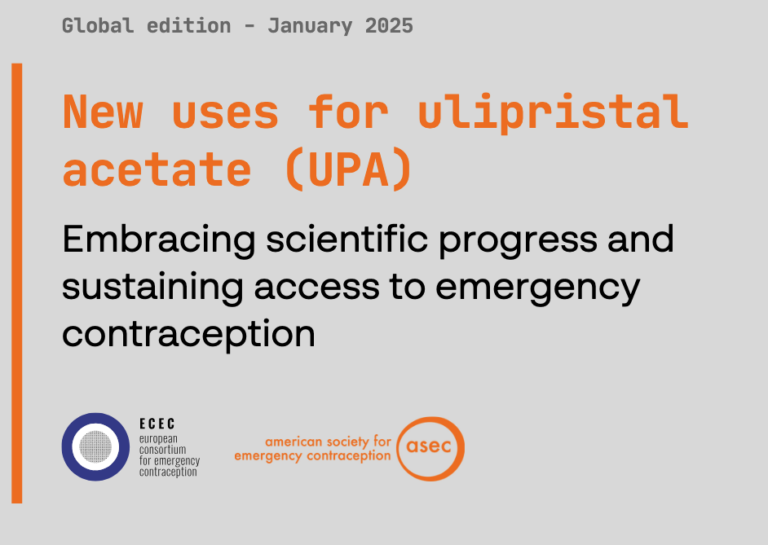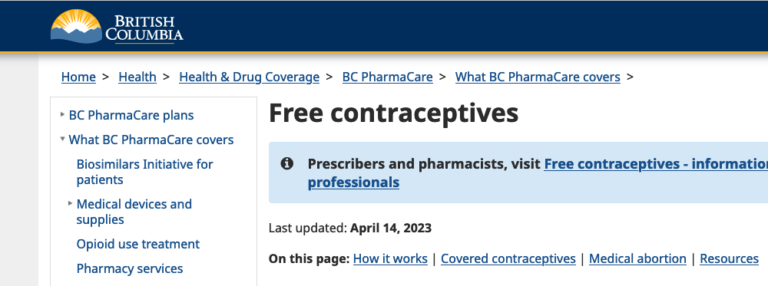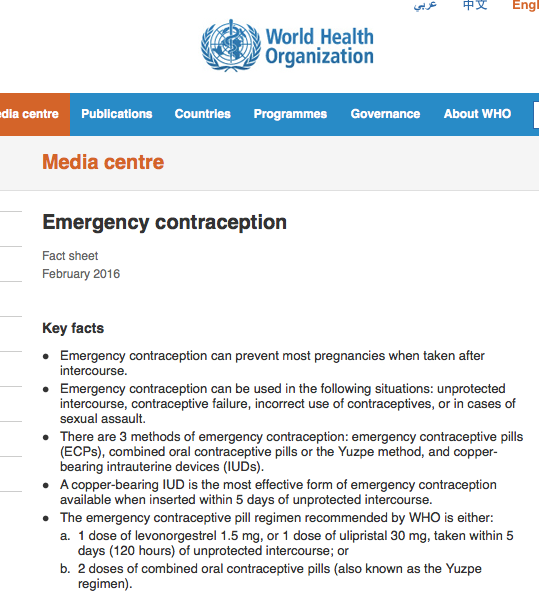Similar Posts
Polish government works to limit access to EC
The ASTRA Network has informed us that in mid-February 2017, the Polish Government announced that it accepted a project proposing to restrict access to the only ECP available over the counter (UPA ECP). This project is to be discussed in plenary and voted upon in the next session of the Sejm, possibly as early as March….
Medicines Authority recommends OTC sale of EC in Malta
On October 17th, 2016, the head of the Malta Medicines Authority, Serracino Inglott, announced that the sale of EC pills will be allowed without a prescription. According to an article from Times of Malta: “The authority has always based its decisions on three things; quality, safety of patients and efficacy. By asking patients to go to doctors…

Ulipristal acetate: understanding its uses for EC and beyond
January 2025. The findings of a proof-of-concept study investigating use of ulipristal acetate (UPA) as part of an abortion regimen, have been published this week. UPA is the active ingredient in the newer generation of emergency contraception (EC) pills. The publication of this research may open a global debate about the development of new indications…
EC included in new WHO contraception Apps
December 2018. The World Health Organization (WHO) recently launched two new Apps for healthcare providers advising women on contraception. The “Humanitarian settings contraception” App, is intended for front-line health care providers to help women initiate contraception in humanitarian and emergency settings. More information here. The “WHO MEC” App, will facilitate the task of family planning…

The cost of EC pills in Central and Eastern Europe.
September 2024. ASTRA Network (www.astra.org.pl) and the European Consortium for Emergency Contraception presented their latest research findings at the 15th FIAPAC Conference 2024, which was held in Brussels on September 20-21. This collaborative research looked into the cost of emergency contraception pills (ECPs) in select European countries. Our findings show significant disparities across the region,…

Canada: LNG EC free of cost in British Columbia
April 2023. As of this month, in the Canadian province of British Columbia (BC) some brands of LNG emergency contraception pills (ECPs) are available free of cost directly from pharmacies. This gratuity scheme is run by British Columbia Pharma Care (the publicly funded program thathelps residents pay for eligible prescription drugs, and certain medical supplies…
